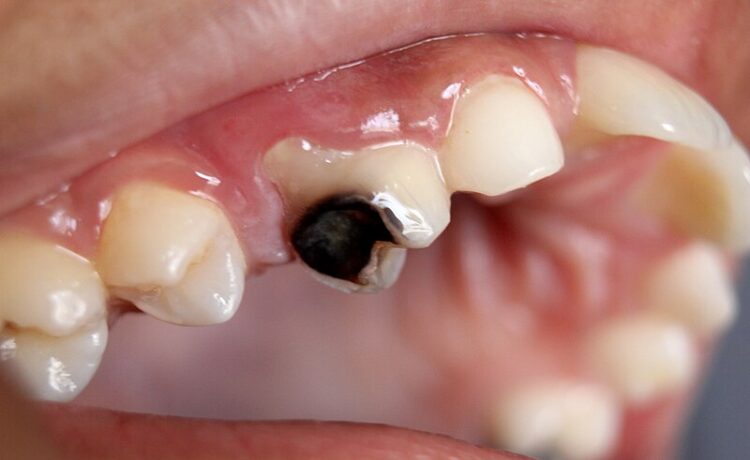Family dentistry plays a vital role in maintaining oral health by preventing tooth decay and gum disease. Regular check-ups allow dentists to spot early signs of cavities and gum issues. By catching these problems early, families can avoid more severe dental work down the line. Dentists provide cleanings and treatments tailored for each family member. They focus on removing plaque and tartar, which are common culprits of decay and gum disease. Preventive care includes fluoride treatments and dental sealants. These steps help protect teeth from bacteria and acids. Meanwhile, developing good oral hygiene habits at home is crucial. Brushing and flossing daily go hand in hand with professional care. Family dentists often work with cosmetic dentists in Harker Heights to ensure a comprehensive approach to dental health. Together, they aim to keep your smile healthy and confident. In this way, family dentistry supports long-term dental well-being.
The Importance of Early Detection
Detecting dental issues early is key to preventing more serious problems. Tooth decay and gum disease do not always show symptoms right away. Regular visits to the dentist can reveal problems that are not visible to the naked eye. Dentists use tools like X-rays to see inside teeth and gums. This helps in identifying issues that could become more serious if ignored. By addressing these issues early, families can avoid pain and costly treatments later. The American Dental Association emphasizes the importance of regular dental visits for all age groups.
Preventive Care Techniques
Preventive care is the backbone of family dentistry. It involves various techniques aimed at keeping teeth healthy. Here are three key techniques:
- Fluoride Treatments: Fluoride strengthens tooth enamel, making it more resistant to decay.
- Dental Sealants: Sealants are thin coatings applied to the chewing surfaces of teeth to protect against cavities.
- Professional Cleanings: Regular cleanings remove plaque and tartar that brushing alone cannot.
Each of these techniques plays a unique role in maintaining oral health. Fluoride treatments and sealants provide a protective barrier against decay. Professional cleanings ensure that plaque does not harden into tartar, which can lead to gum disease. These preventive measures create a strong foundation for healthy teeth and gums.
Comparing Dental Care Options
Understanding the differences between various dental care options helps families make informed choices. Here is a simple comparison:
| Care Option | Purpose | Benefits |
|---|---|---|
| Family Dentistry | Comprehensive care for all family members | Prevention, personalized care, long-term health |
| Cosmetic Dentistry | Enhancement of dental aesthetics | Improved appearance, confidence boost |
| Orthodontics | Alignment of teeth and jaw | Better bite, improved function |
While cosmetic dentistry focuses on appearance, family dentistry ensures oral health for all ages. Orthodontics corrects alignment issues, contributing to function and aesthetics. Each option has distinct purposes and benefits, but together they support comprehensive oral health.
Developing Good Oral Hygiene Habits
Good oral hygiene habits at home are crucial in preventing tooth decay and gum disease. Here are three habits to maintain:
- Brushing: Brush teeth twice daily with fluoride toothpaste to remove plaque.
- Flossing: Floss daily to clean between teeth where a brush can’t reach.
- Healthy Diet: Eat a balanced diet low in sugars to reduce decay risk.
These habits, combined with regular dental visits, form a solid defense against oral health problems. Educating children about these practices ensures they grow up with healthy teeth and gums.
The Role of Family Dentists
Family dentists are dedicated to providing care for all ages. They understand the unique dental needs of children, adults, and seniors. This makes them well-equipped to offer guidance on oral health practices and treatments. By building a relationship with a family dentist, families benefit from consistent care. This continuity allows dentists to monitor changes in oral health over time.
Family dentistry emphasizes prevention, which reduces the need for more invasive procedures later. Regular care helps maintain healthy teeth and gums, contributing to overall health. With the support of family dentists, maintaining good oral health becomes a shared family goal.









